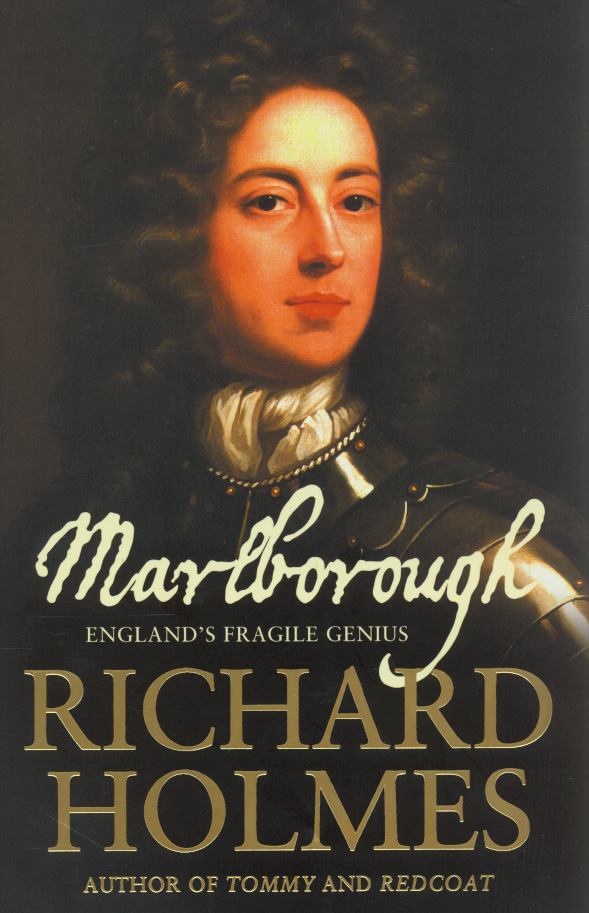
Book Specs
Trade Cloth
Harperpress
Published on
May 5, 2008
Edition
st Edition
Dimensions
6.26x1.77x9.45 Inches
Weight
2.08 Pounds
About the Book
Best-selling military historian Richard Holmes delivers an expertly written and exhilarating account of the life of John Churchill, Duke of Marlborough, Britain's finest soldier, who rose from genteel poverty to lead his country to glory, cementing its position as a major player on the European stage and saviour of the Holy Roman Empire.
John Churchill is, by any reasonable analysis, Britain's greatest ever soldier. He mastered strategy, tactics and logistics. His big four battles - Blenheim (which saved the Holy Roman Empire), Ramilies, Oudenarde and Malplaquet - were events at the very centre of the European stage. He captured Lille, France's second city, overran Bavaria and beat a succession of French marshals so badly that one, the squat and energetic Bofflers, was rewarded by Louis XIV for only losing moderately.
A coalition manager long before the phrase was invented, he commanded a huge polyglot army with centrifugal political tendencies and bending it to his will by sheer force of personality.
He was also a politician on the domestic stage, intimate with two monarchs, James II and Queen Anne, and the prop of successive cabinets. He had extraordinary strength and durability. His family connections wove him into the fabric of Europe: his sister Arabella was James II's mistress and their son, James, Duke of Berwick, was one of Louis XIV's most successful commanders. Although the Marlboroughs lost their only son Jack to smallpox, both their daughters married Whig grandees, and their descendants include Sir Winston Churchill and Earl Spencer.
Yet John Churchill was also deeply controversial. He accepted a pension from one of Charles II's mistresses for services vigorously rendered. He owed his rise and his peerage to James II yet, determined to be on the winning side, he deserted him in his hour of need in 1688. He maintained regular correspondence with the Jacobites while serving William and Mary and with the French while fighting Louis XIV. He made money on a prodigious scale, but was notoriously tight-fisted, long regretting an annuity given to a secretary whose quick-wittedness saved him from capture. But in the age when commissions were bought and sold, and commanders often owed their position to the hue of their blood, he never lost his soldiers' confidence.
